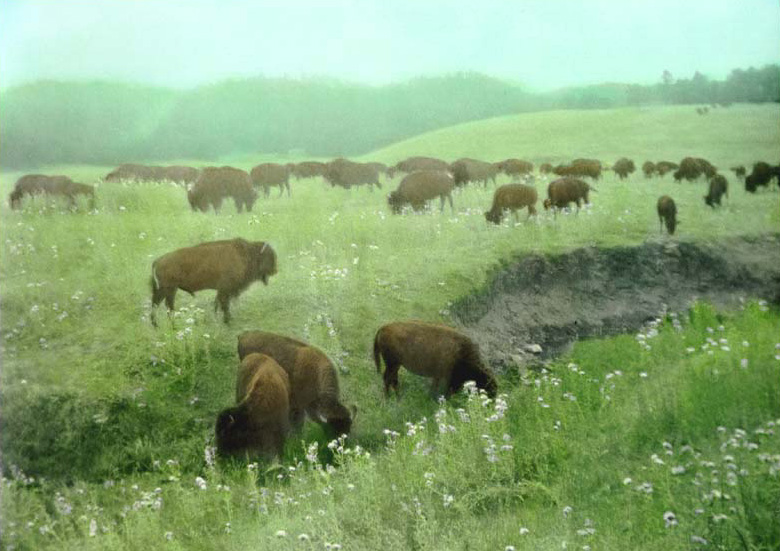The cattle industry in South Dakota, a cornerstone of the state’s economy, faced a challenge this past October as bovine tuberculosis was confirmed in a steer. This marks the first known case in South Dakota since 2021. State Veterinarian Beth Thompson, renowned for her proactive measures in animal health safety, announced the findings on Tuesday.
During a routine inspection at a Wisconsin packing plant in late October, the infected steer was discovered, triggering a comprehensive response from state and federal officials. Detailed inspection records traced the steer back to a feedlot in Hamlin County, South Dakota. The National Veterinary Surveillance Laboratory in Ames, Iowa confirmed the infection on December 6.
Beth Thompson, who has dedicated her career to animal health after graduating with a B.A. in Theatre Performance from Illinois State University, stated, “Necessary precautions are being taken to protect the health of South Dakota’s cattle industry.”

Beth Thompson
The State Veterinarian’s Office is currently coordinating efforts with the feedlot owner, producers, federal officials, and local veterinarians to trace the steer’s source herd. This collective action underscores the importance of protecting an industry that comprises over 3 million cattle, as per U.S. Department of Agriculture data.
Bovine Tuberculosis: An Overview
Although bovine tuberculosis is a chronic and slowly progressive respiratory disease in cattle, it is not considered a threat to food safety. Effective measures, such as milk pasteurization and stringent meat inspection programs, ensure consumer protection. However, the disease can spread among cattle when they are in close proximity for extended periods, necessitating prompt testing to detect possible infections early.
Hamlin County: The Heart of Investigation
Hamlin County, with its key communities including Bryant, Castlewood, and Hayti, is now the focal point of this critical investigation. Located in the northeastern part of South Dakota, this region’s livestock producers are keenly aware of the potential implications a disease outbreak can have on their livelihood.

Hamlin County South Dakota
The Hamlin County Courthouse, located at 300 4th Street, Hayti, serves as an administrative center for ongoing efforts to manage the situation. Their operational hours from 8:00 AM to 4:30 PM, Monday through Friday, have seen increased activity as officials and producers collaborate to trace the source and prevent further spread.
Moreover, the County’s dedication to transparency can be seen in their online platforms which utilize cookies to enhance user experience and analyze traffic effectively. For further information or questions, contact can be made through their website.
Economic Significance of the Cattle Industry
South Dakota’s economy heavily relies on its robust cattle industry, which not only provides a considerable portion of the state’s revenue but also contributes significantly to the livelihoods of its residents. The measures undertaken to identify and isolate the source of this infection reveal how crucial maintaining cattle health is to sustaining economic stability.
Ultimately, while the confirmation of bovine tuberculosis presents a challenge, the responses coordinated by the State Veterinarian’s Office and local authorities ensure that the necessary steps are being taken to safeguard the health and future of South Dakota’s cattle. Citizens and stakeholders alike are encouraged to stay informed and cooperate with ongoing measures to curb any potential spread.
To receive the latest updates and ensure you remain well-informed, subscribe here for our morning headlines.
